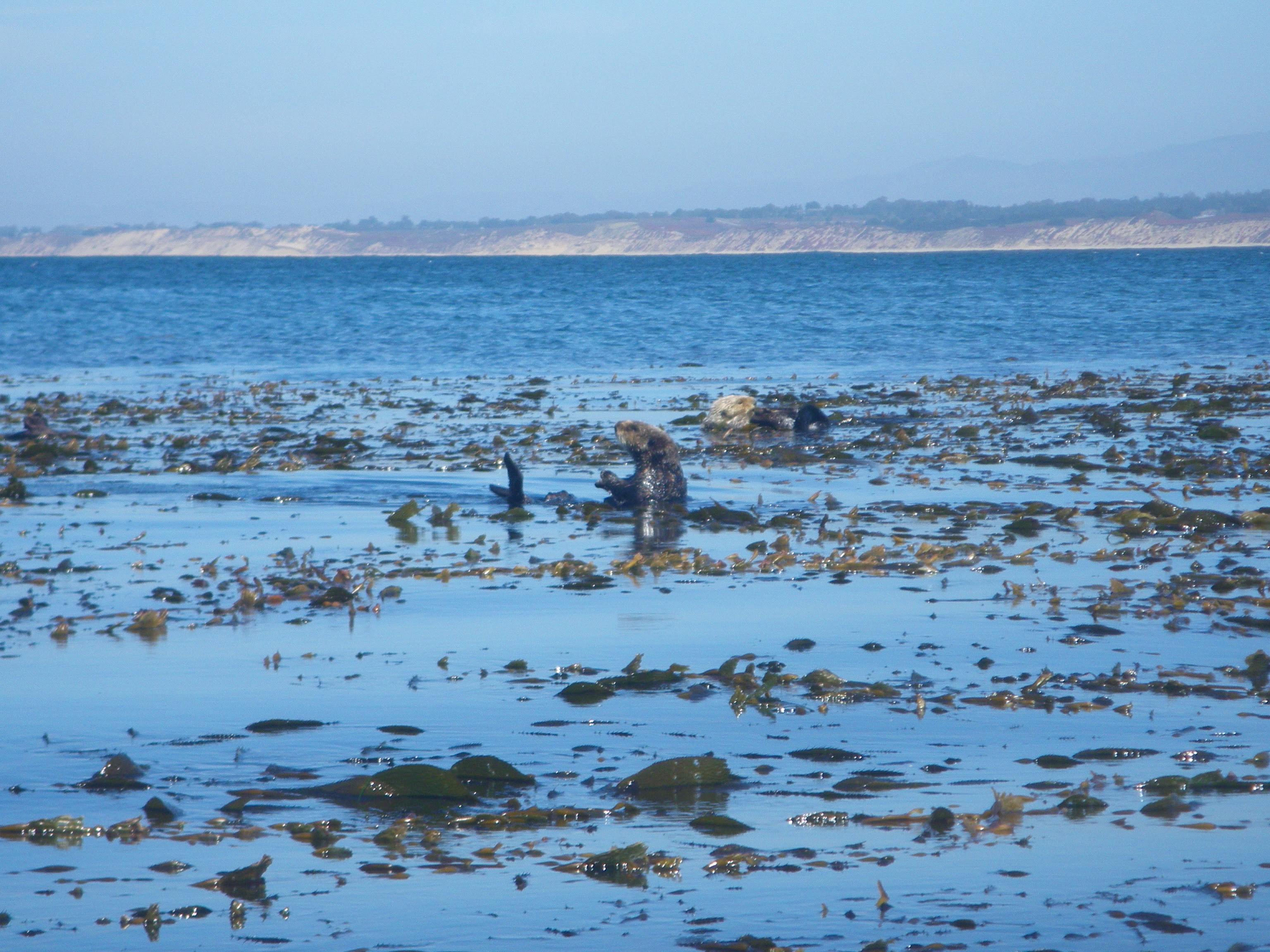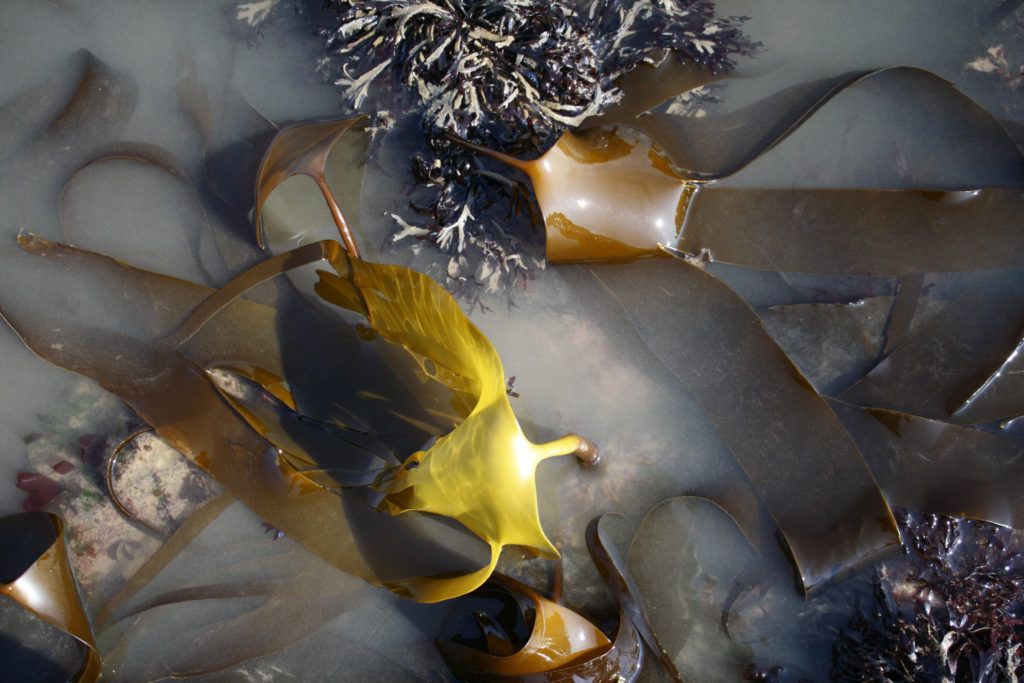Helping kelp, the forests of our oceans

With our support intern Danai is studying this critical habitat that is home to so many sea creatures, but currently in decline worldwide
The problem
Kelp is a type of macroaglae. And it’s really important because it creates habitats for all kinds of sea creatures to live in. Kelp dominates our coastal ecosystems from temperate to Arctic seas. Yet they remain largely under studied despite being an unquestionably important part of the ocean’s biodiversity. In the South Atlantic and eastern Pacific oceans, kelp are keystone species and their vast forests are highly productive. They harbour a rich variety of organisms, serve as nurseries for fish and protect coastlines.
They appear vulnerable to climate change, ocean warming and acidification and are threatened by human activity such as increasing commercial exploitation, resource consumption, habitat loss and degradation due to coastline urbanization. Extensive loss of kelp forests along parts of the US Pacific coast and around the world has received attention in recent years. There is also evidence of worldwide declines and distribution shifts. In the North Eastern Atlantic, kelp species appear to be moving towards the North as sea temperatures rise.
The solution
We are supporting intern Danai Kontou in her mission to protect coastal habitats, focusing on one species, oarweed (Laminaria digitate). Oarweeds are valuable ecosystem engineers and useful organisms to study in order to understand how kelp species function, how they build tolerance and adapt when the oceans change. This is critical as our climate changes and ocean living species are particularly at risk.

Kelp species Laminaria ochreleuca digitata (credit Dr C Yesson) 
Intern Danai Kontou
Danai will work with a team at ZSL London Zoo to get a clear understanding of the genetic variation of North Atlantic population. This is crucial to monitoring, as defining distribution and genetic boundaries on a local and regional scale will help us identify genetically isolated populations, which may be more at risk. Once she has compiled a genetic map for L. digitata then an official assessment of the species’ status can be carried out. This will assist marine conservation efforts to overcome future challenges by informing management of UK’s coastal ecosystems. It will also help to support the development of re-introduction schemes in affected areas and even guide future sustainable cultivation and harvesting for commercial purposes (support of fisheries, food, medicine, gels, bio-fuel).
Kelp is not just a seaweed, it’s a critical habitat that is home to so many sea creatures, and it needs our help now.
This project is possible thanks to our generous donors. Can you help us continue?
